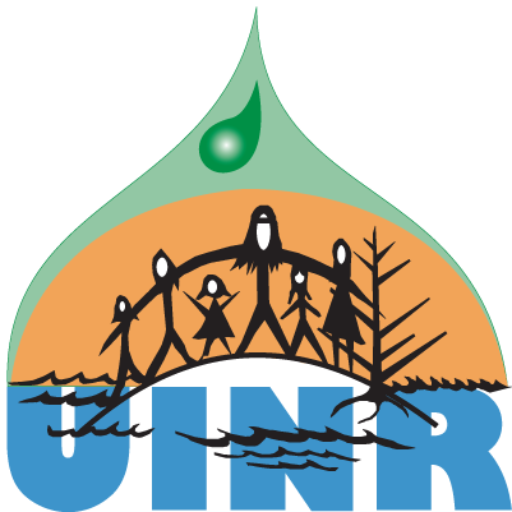UINR is working on a video documentary about oysters in the Bras d’Or Lakes and the MSX parasite. We will not be documenting this appearance as an isolated event. We expect that the documentary may well end up being a lesson for the future about sustainable human economic activity in the Bras d’Or Lakes.
This project has been jointly developed by UINR and Madeline Yakimchuk, who will be joining us as the Documentary Project Coordinator. Madeline is responsible for planning, organizing and coordinating activities leading to the production of the documentary. Madeline is also working with the team at UINR to use video as a part of our communication activities.
 Madeline is a producer, director, art director, and editor who has worked professionally in video for more than 15 years. Through the 80s, 90s and into this century, Madeline has been there, producing educational materials, directing documentaries on social themes, incorporating technology in social sectors and training.
Madeline is a producer, director, art director, and editor who has worked professionally in video for more than 15 years. Through the 80s, 90s and into this century, Madeline has been there, producing educational materials, directing documentaries on social themes, incorporating technology in social sectors and training.
Madeline’s work has been shown in festivals in Canada, Cuba, Chile, and Brazil. Awards include Best Television Commercial, Cuba, 1994; Best Documentary, Caldera, Chile, 2003; and Special Award for Contribution to Culture, Lebu, Chile, 2003.
Madeline’s professional credentials are rooted in two distinct areas of formal study: design and human services administration. These studies were complemented by years of experience with community-based organizations, both in executive roles and in audio-visual communication with emphasis on culture and education. She has lived and worked in Ontario, Cuba, and Chile, and recently returned home to Cape Breton.
Shortly after arriving in Chile in 1997, Madeline began to contribute her skills to projects related to aboriginal cultures. She has produced and/or directed many types of materials including: an investigative documentary defending the pivotal importance of language in the preservation of a culture; a television, radio, and press public service campaign to promote awareness of the Mapuche culture in southern Chile; a promotional video for an international aboriginal roots festival in northern Chile; and a dramatized short educational film depicting a young Mapuche girl’s taking consciousness of her culture, produced for the Ministry of Education in Chile for use in aboriginal schools. She is currently working on a project to develop 3D computer animations to depict the Mapuche world view.
In addition to her own projects, Madeline has edited documentaries on aboriginal cultures, issues, and themes including the well-respected “Why We Call Ourselves Mapuche”, and a series of four documentaries made for television which depict four Mapuche personalities. She continues her work with the Mapuche and is very interested in facilitating links between them and the Mi’kmaq.
Madeline continues to be profoundly interested in the regeneration and strengthening of aboriginal cultures and looks forward to her project with UINR.
madeline@uinr.ca
